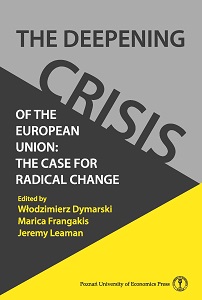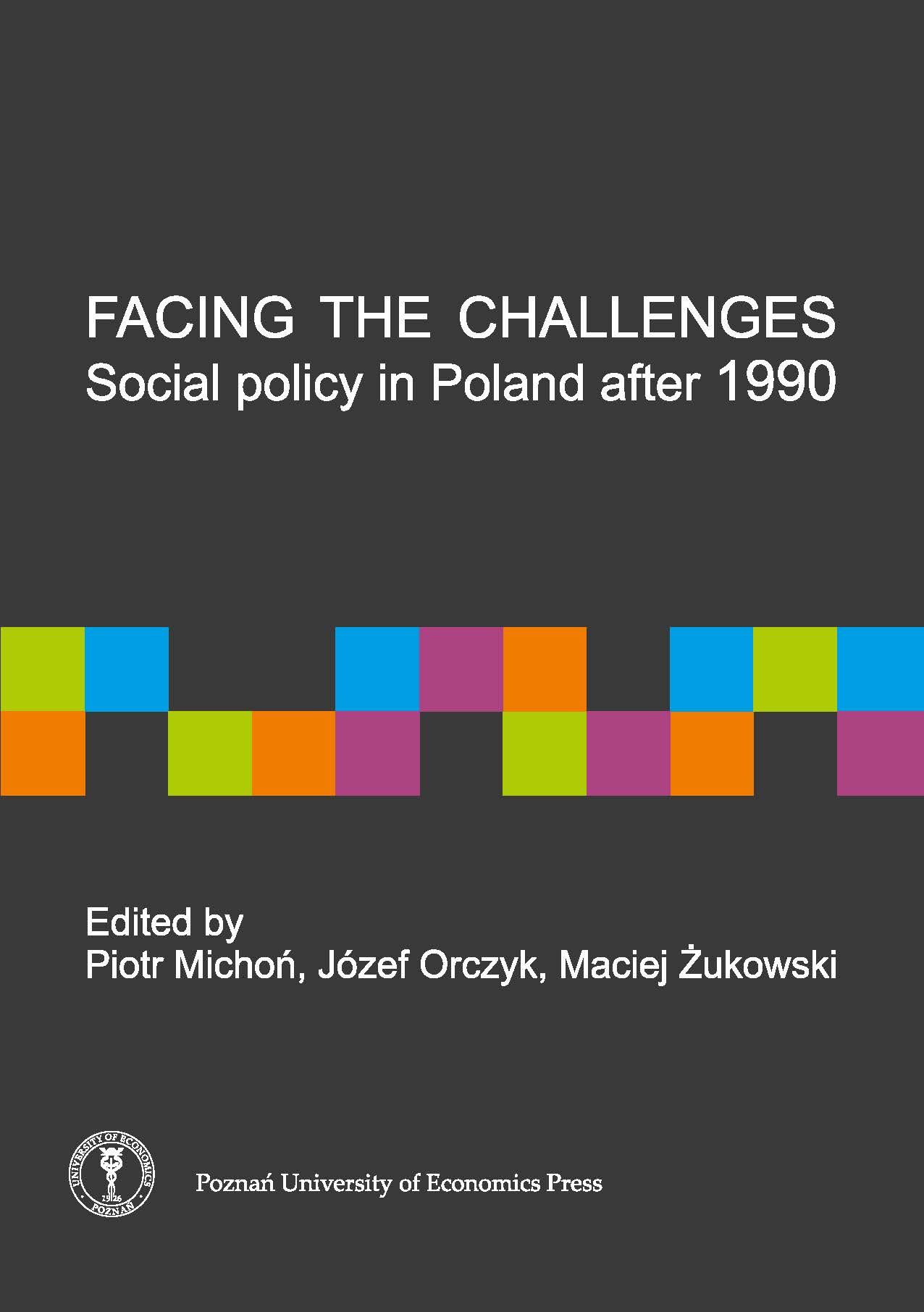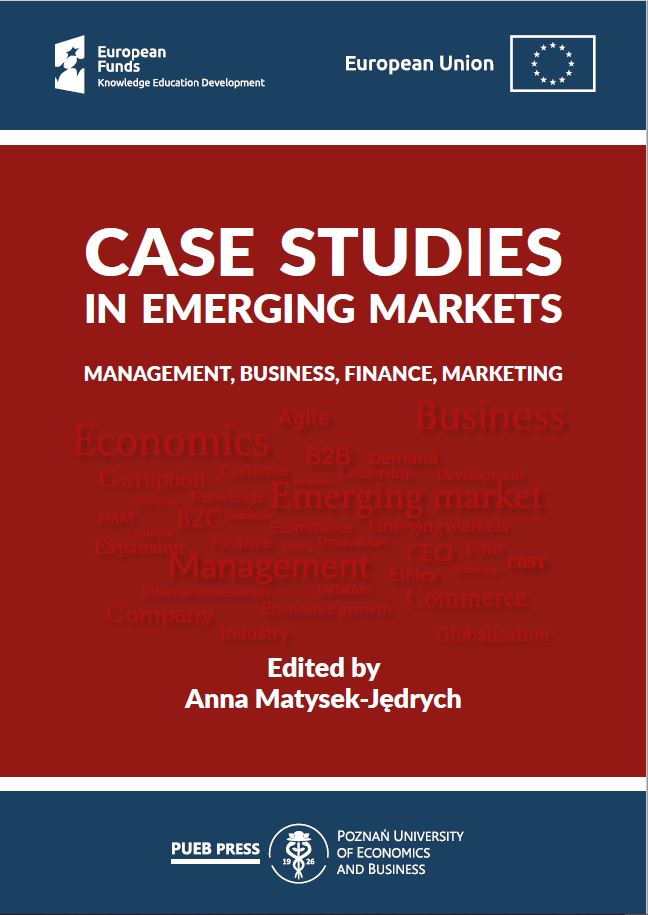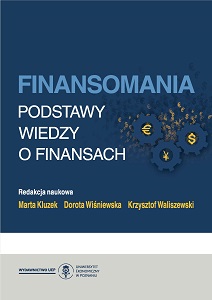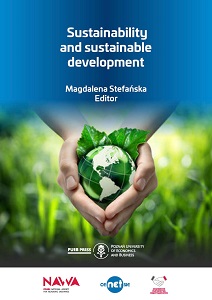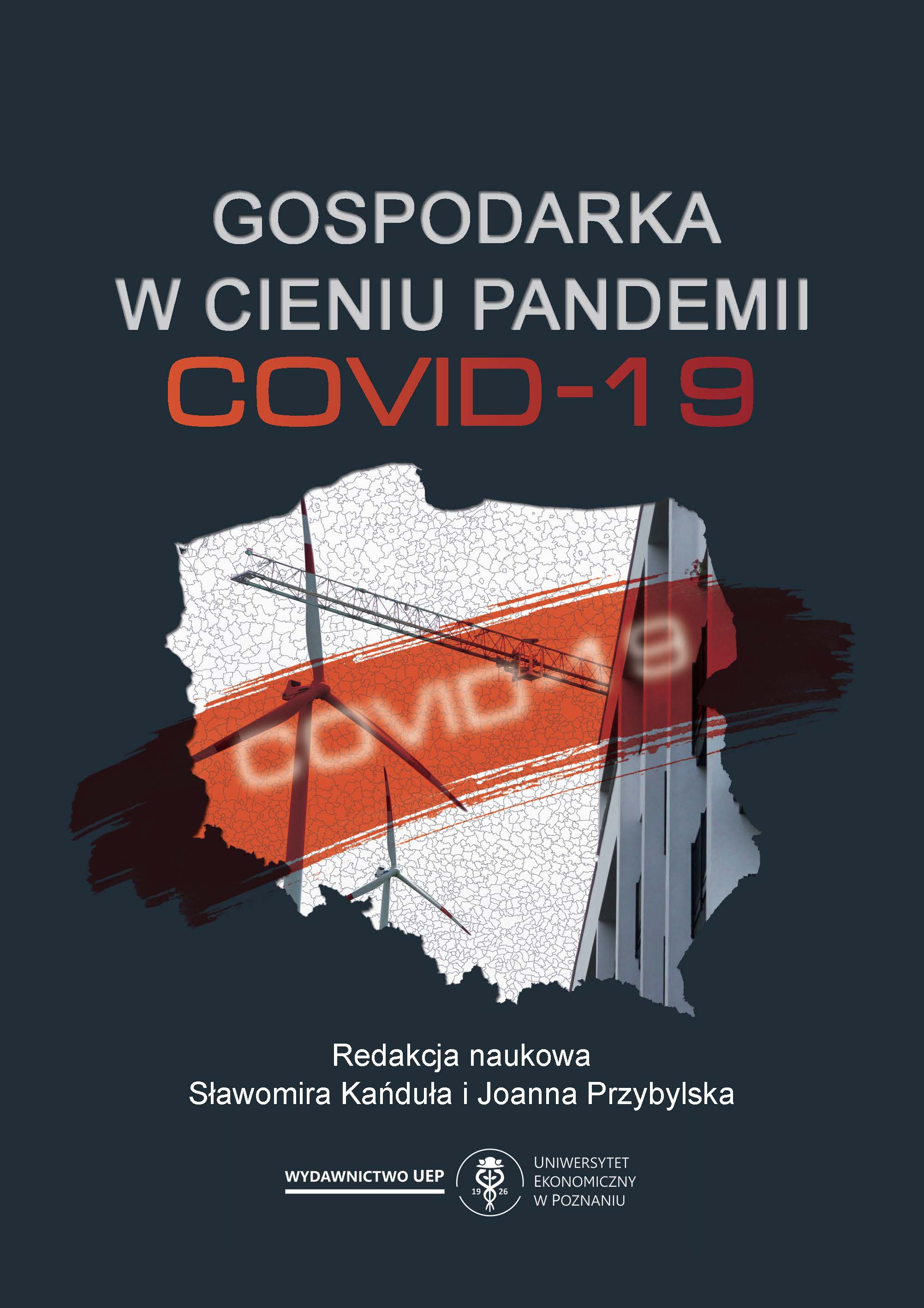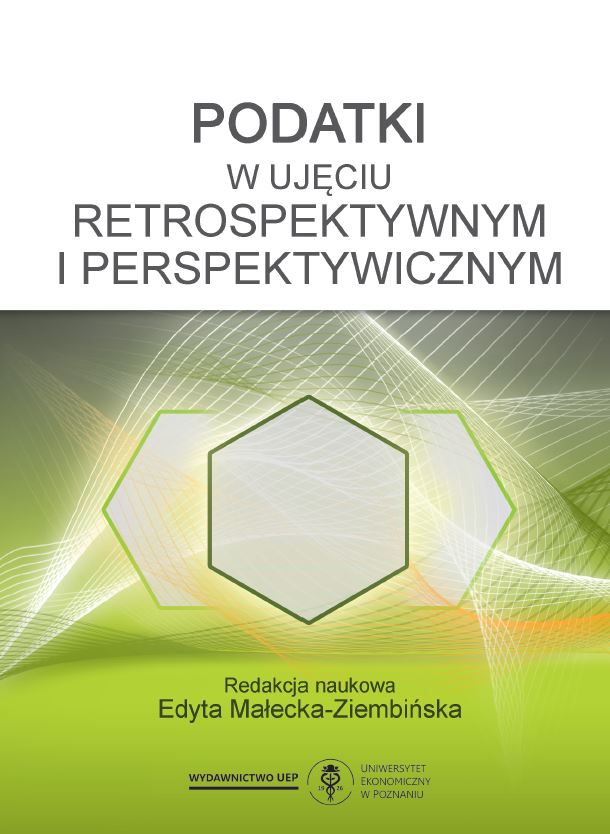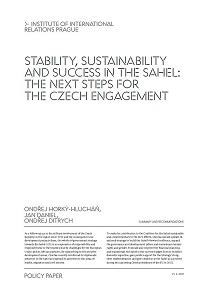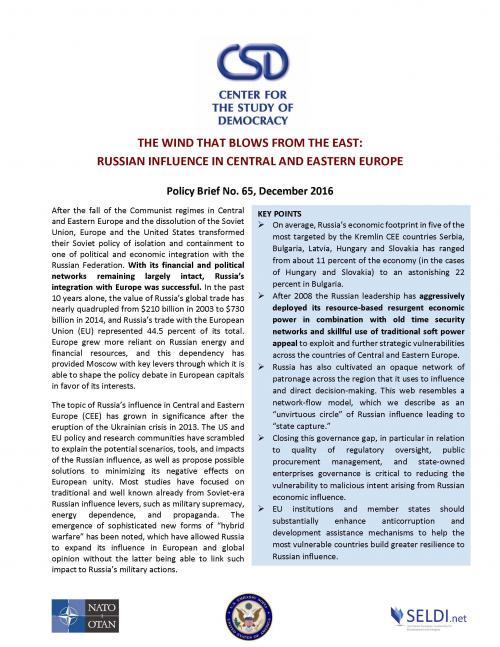
CSD Policy Brief No. 65: The Wind that Blows from the East: Russian Influence in Central and Eastern Europe
The topic of Russia’s influence in Central and Eastern Europe (CEE) has grown in significance after the eruption of the Ukrainian crisis in 2013. The US and EU policy and research communities have scrambled to explain the potential scenarios, tools, and impacts of the Russian influence, as well as propose possible solutions to minimizing its negative effects on European unity. This policy brief, which summarizes the key findings from the joint study of the Center for the Study of Democracy and the Center for Strategic and International Studies (CSIS), Kremlin Playbook: Understanding Russian Influence in Central and Eastern Europe, presents a model for understanding the impact of Russia’s economic influence in Central and Eastern Europe in five case study countries (Bulgaria, Hungary, Latvia, Serbia, and Slovakia), and its relationship to the region’s general decline in governance standards. The study estimates that on average, Russia’s economic footprint in five of the most targeted by the Kremlin CEE countries has ranged from about 11 percent of the economy (in the cases of Hungary and Slovakia) to an astonishing 22 percent in Bulgaria. After 2008 the Russian leadership has aggressively deployed its resource-based resurgent economic power in combination with old time security networks and skillful use of traditional soft power appeal to exploit and further strategic vulnerabilities across the countries of Central and Eastern Europe. Russia has also cultivated an opaque network of patronage across the region that it uses to influence and direct decision-making. This web resembles a network-flow model, which we describe as an “unvirtuous circle” of Russian influence leading to “state capture.”
More...
